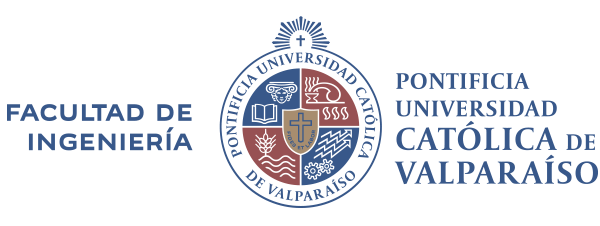School of Transport Engineering
Optimization of Public Transportation Systems - Networks, Frequency, Management and Operations
This line of research was created in 2012, and concerns the formulation and resolution of mathematical programming programs, which simultaneously determine the design of the new lines in an existing network of public passenger transport, and the establishment of frequencies in all existing network lines and to be built in Metro de Santiago (Chile), and Metro de Sevilla (Spain).
It also focuses on designing and studying public transport management, through the analysis of priority systems and detailed traffic simulation, to establish performance indicators in road devices such as sections, stops and intersections.
Management of Underground and Surface Parking
It concerns the management of parking availability information on the street, lots, beaches and subways. It is based on the technological platform required to have this type of information, as well as the analysis, manipulation, transmission and dissemination. In real time, it is used to guide drivers to the most convenient places, with the aim of reducing search time, distance or emissions. In future time (prediction), it is used to plan a trip or to reserve a planning horizon, and from the hand of socioeconomic attributes of the drivers, it is used to make strategic decisions in relation to the location, collection scheme and plan of investment.
Risk Management in Expanded Supply Networks and Data Mining
This line of research was created in 2012, and is focused on the study and proposed solutions for the problem of risk management, events that can produce a disruption (total, partial or slight) in the operation and functioning of networks of extended supply, whose impact has economic repercussions, global service quality and customer satisfaction. Carrying out this process implies a greater flexibility, efficiency, agility and resilience, a feature that is increasingly demanded by the industry.
